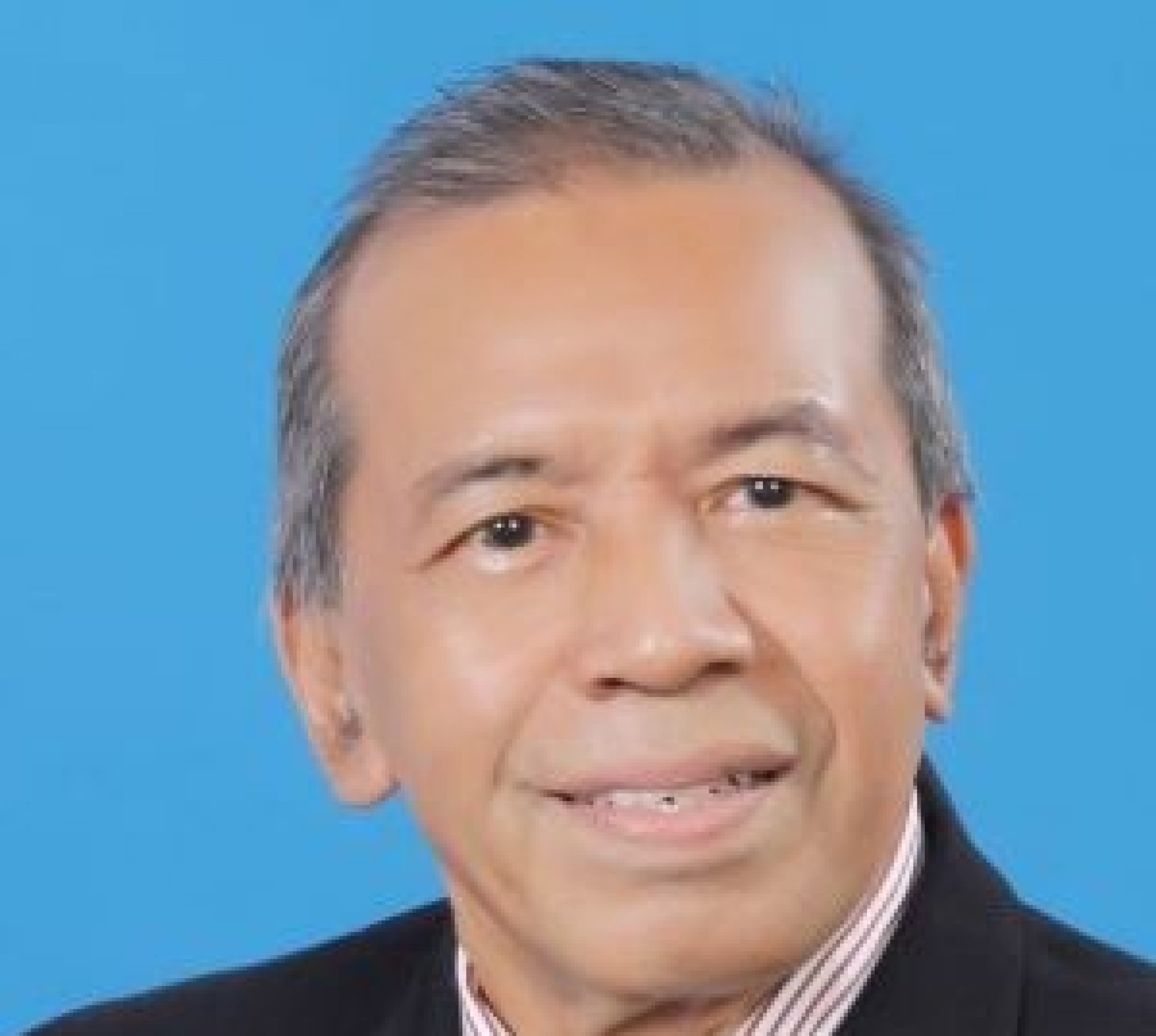The Previous Rubber Industry
The car industry in the early 1900s spurred the establishment of vast rubber plantations in Malaysia (Malaya then). Rubber companies with names of British towns were floated on the London Stock Exchange to fund the planting of rubber trees. Till the 1960s, rubber exports were the main source of revenue for the country. Smoked rubber sheets were sold by large British-owned companies to manufacturers in Britain, Germany and the US to produce a variety of rubber products, such as tires and conveyor belts. A city in Ohio, US, Akron, became the main beneficiary of the major demand for tires. It was called the “rubber capital of the world” until the 1950s, where large tire manufacturers established factories in Akron to supply booming car companies in Detroit, Michigan.
Today, Akron is no longer a rubber bustling city. The city is now encouraging new companies that could develop new products based on the knowledge of the rubber technology.
Throughout the period, Malaysia remained as the largest exporter of smoked rubber sheets. In the 1970s and 1980s the Malaysian government encouraged local firms to establish tire manufacturing plants to supply both local and export markets. As tires are bulky products, they need to be closed to car companies. As Malaysia did not have a large car industry, these tire companies are mainly servicing the local car companies as well as for the replacement market. Thus, Malaysia did not take advantage of its rubber to establish a rubber product industry. One bright spot is that Malaysia has managed to become the largest exporter of rubber latex gloves, albeit most of the rubber latex comes from Thailand.
A Different Path for the Palm Oil Industry

Unlike the rubber industry, Malaysia had succeeded in taking advantage of its palm oil resource. We have conducted a PhD-level research on the key factors that allow the palm oil industry to innovate, from the planting of oil palm trees to the processing and development of new products for food and industrial applications. Various products were derived from palm oil such as substitute for chocolate, and washing powders. If we analyse the list of ingredients in our favourite consumer products, such as KitKat and Nutella, we will note that they contain at least one or two ingredients from palm oil. These ingredients are manufactured by large Malaysian palm oil multinationals, which have operations in many countries (See our book, The Palm Oil Multinationals from Malaysia: How they control a global Industry that started from four humble seeds. It is available from Amazon.com.)

The Presence of Institutional Networks for Knowledge Generation, Sharing and Adoption in Palm Oil Industry
The study had identified a close network that facilitates knowledge generation, knowledge sharing and knowledge absorption in the Malaysian palm industry. The close network was formed as a result of historical contexts and on-going interactions promoted by focal institutions with responsibilities to develop the palm oil industry. This close network, which we term the palm oil institutional network, links an industry-funded R&D institute with palm oil firms, governmental institutions, industry associations and groups of technical and scientific experts. The inputs from on-going and close interactions are utilized by the industry-funded R&D institute to develop its R&D programmes, especially medium- and long-term R&D efforts, which are avoided by commercial interests of palm oil firms.
Five types of network, which collectively create the palm oil institutional network, are; (1) government-mandated technological networks, (2) industry associational network, (3) institutional policy network, (4) government-linked corporate networks, and (5) expert informational networks.
The government-mandated technological networks (GTN) were formed by government legislation to formulate and undertake R&D activities for the palm oil industry. The main components of the GTN are a government R&D institute, the Malaysian Palm Oil Board (The MPOB), important industry associations, major palm oil firms, and technical expert communities. The MPOB is funded through a collection of levies paid by palm oil firms. The MPOB formulates its research activities through inputs obtained from industry associations, technical expert communities and members of industry associations on board of the research institute.

The MPOB actively shares its R&D findings with palm oil firms through technology bulletins, conferences, workshops and technology licensing. It is the main generator of new knowledge for the palm oil industry over the last thirty years. This new knowledge is widely discussed among palm oil firms. As example was that the discovery of an African weevil for the pollination of oil palm by a private palm oil was quickly adopted by other palm oil firms, thereby increasing the overall productivity of the palm oil industry.
The industry associations are the earliest business networks in the palm oil industry. Initially these industry associations acted as social organizations for members and planters. As the palm oil industry expanded, these associations were invited by government to be involved in policy-making committees. These industry associations are a key component in the dissemination of information among its members. An important industry association is the Incorporated Society of Planters (ISP), whose members are managers of the plantation industry. The ISP helps, formally and informally, in the sharing of industry best-practices over many decades since its incorporation in 1919.
The industry associations help to create institutional routines, which are represented by regular interactions among various institutions. Firms in the palm oil industry are involved in guiding the direction of the palm oil industry through industry associations.
Institutional policy networks are linkages used by governmental units to formulate policies affecting the palm oil industry. The main objectives if the governmental policies had been to facilitate the business environment for the palm oil industry. The institutional policy network links public institutions with palm oil firms and industry associations for exchanging information, expertise, trust and other political resources.
Many governmental ministries are involved in institutional policy networks within the palm oil industry. Industry associations are involved in discussions, annual industry dialogues and sit on various governmental committees for inputs on policy-making. Common industry problems are regularly discussed and a united stance is arrived at to address these common industry problems.
Government-linked corporate networks are linkages among firms in which the government has significant direct ownership. These government-owned firms are often provided with incentives to undertake projects or activities that can strengthen the palm oil industry through technology acquisition and infrastructure development. Moreover, government-linked palm oil firms own substantial acreage of plantation lands
Government-owned companies, which are large palm oil firms, are instrumental in the generation and sharing of knowledge, with collaboration being an important R&D strategy.
Our research shows the long-term nature of research for a crop like oil palm requires palm oil firms to collaborate with other firms and governmental institutions to reduce costs and risks. As an example, the research to develop a new high-yielding oil palm can take over thirty years before a successful variety is commercialized for planting. Thus, the nature of the oil palm research provides strong motivation to collaborate, which leads to a permanent need of an institutional network.
The palm oil institutional network is supported by an informal personal network, which has been nurtured through a long history of social interactions and personnel transfers between companies. This informal societies and communities within the palm oil industry form a strong informal network for knowledge sharing.
The expert informational network (EIN) is a new type of network which is formally used by the Malaysian palm oil industry to search for new information and planning R&D activities. The EIN is set-up by the MPOB since its establishment thirty years ago, by the appointment well-known local and foreign experts to sit on a number of technical committees, named Programme Advisory Committees (PACs). The formal EIN allows the MPOB to consider independent inputs to plan its R&D activities as well seeking inputs of palm oil firms. As at April 2013, the PAC had sixty four members of experts from industry and academia.
Conclusion
Despite the African origin of oil palm, Malaysia first developed the palm oil industry from a small base to become the leading producer through technology accumulation processes. In order to generate new knowledge, the government established new institutions to undertake industry research and commercialize new technologies to benefit the palm oil industry. A tax was imposed on palm oil firms to fund the operation of an industry-focused R&D institute, and, in return, the palm oil firms are involved in guiding the direction of the R&D activities of the MPOB. The inputs for its R&D activities are drawn and refined through continuous and close interactions between palm oil firms, the MPOB, industry associations, governmental units and industry experts. The results of the R&D findings are disseminated in various codified and non-codified knowledge through various mechanisms. The MPOB also taps the knowledge of a global network of experts to search for new information and technology directions, which we call expert informational network (EIN), and is unique to the Malaysian palm oil industry for generation of new knowledge. These formal institutional relationships are reinforced by informal linkages among institutions and individuals in the Malaysian palm oil industry, which norms of relationships have been propagated by generations of industry executives, industry leaders and institutional heads.
